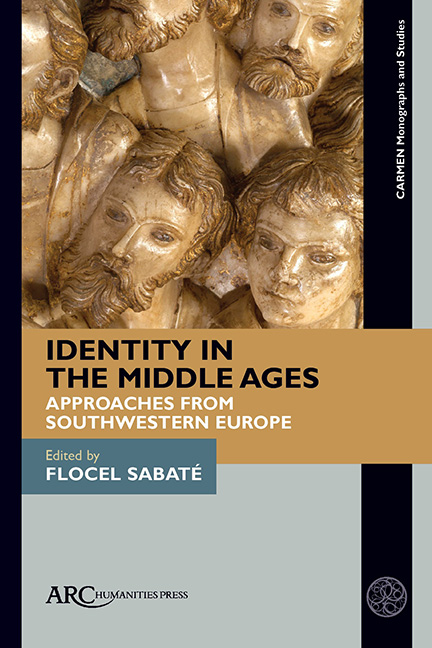Book contents
Chapter 6 - Why Ibn Ḥazm became a Ẓāhirī: Law, Charisma, and the Court
Published online by Cambridge University Press: 20 January 2022
Summary
THIS CHAPTER LOOKS at a Muslim polymath, Ibn Ḥazm (384–556 AH/994–1064 CE), in the period after the abolition of the Umayyad caliphate of Córdoba and the formation of many competing polities in the first Taifa period. In spite of his loyalty to the Cordoban Umayyad caliphate, Ibn Ḥazm abandoned Mālikism, the legal school favoured by the Umayyads. Instead, he attached himself to Ẓāhirism, a legal trend based on a literalist approach to the sources of Revelation. I propose in this chapter a new explanation for this move, one that highlights how Ḥāhirism fitted into Ibn Ḥazm's attempt to preserve the court culture in which he had grown up, with its emphasis on reason and diffidence towards charisma.
Ibn Ḥazm: Political Problems, Legal Solutions
In the medieval Islamic West, in the fourth (AH) through the tenth (CE) centuries, Andalusi society was characterized by a strong, long-established state and the support of a powerful network of specialists in religious learning, principally jurists. The collective memory engendered by these specialists provided continuity in religious knowledge (ʽilm) beginning with the arrival of Islam in the Iberian Peninsula in the second through the seventh century up to their own time. This continuity was related to how they managed the knowledge of the Revelation and the prophetic legacy as a means of assuring salvation in the afterlife, for both ruler and the ruled, by leading them along the straight path during this life.1 A different kind of society or societies could be found throughout most of the far western Maghreb (present-day Morocco), where there was no similar network of religious scholars until the Almoravid period and especially during the Almohad period (sixth through the seventh (AH)–twelfth through the thirteenth (CE) centuries) and where it was relatively common to find messianic or saintly figures charged with managing both the sacred sphere and conflicts among tribes. In some cases, these figures were able to provide the initial impetus for the creation of states.
In al-Andalus, however, these charismatic figures rarely succeeded in forming lasting political structures. The reasons for their relative failure are many, among which we may mention the difficulty in recruiting an army in al-Andalus—a task facilitated in North Africa by the tribal context—as well as the existence of a deep anti-charismatic tendency among Andalusi religious scholars.
- Type
- Chapter
- Information
- Identity in the Middle AgesApproaches from Southwestern Europe, pp. 153 - 178Publisher: Amsterdam University PressPrint publication year: 2021



